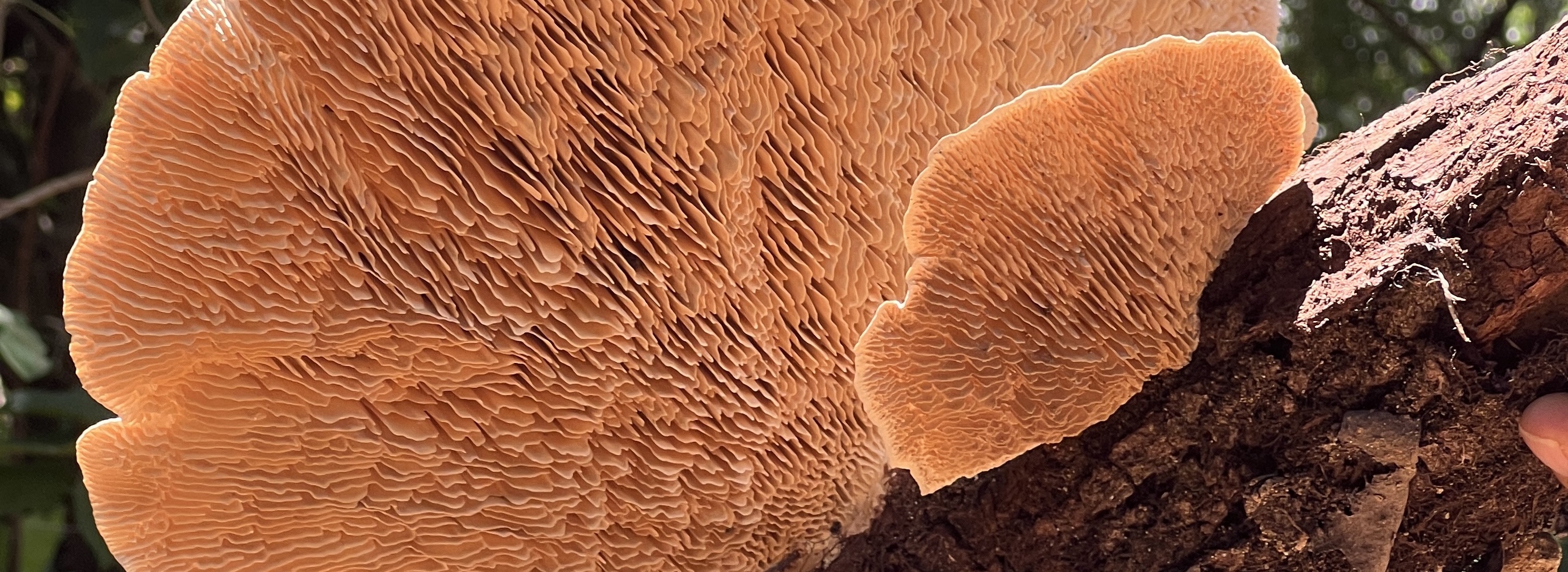
Monteverde Institute: Tropical Ecology and Conservation
Alternative Title
Preferencias de azúcar de los murciélagos nectarívoros
Files
Download Full Text (197 KB)
Publication Date
November 2000
Abstract
Groups of flowers pollinated by the same subset of species will have general characteristics in common. These characteristics, when considered together, are called flower syndromes. For example, flowers that are bat pollinated open at night and are often drab, pale, and green with a musty odor, and contain hexose-rich nectar. Baker and Baker (1983) findings demonstrate that all bat-pollinated flowers have hexose-rich or hexose-dominated nectar. Four feeders were hung outside of the Hummingbird Gallery in the Monteverde Reserve. Each feeder contained a different type of sugar solution: one of fructose, one of glucose, the third of honey (a mixture of glucose and fructose) and the last, a solution of sucrose. The number of visits to each feeder was observed nightly. Results indicate a significantly greater preference for solutions of glucose and fructose (Kruskal Wallis, p = 0.0005). Number of visits to honey was not significantly higher over sucrose due to the lower concentration of the honey solution. Preference for hexose sugars in nectarivorous bats may reflect the evolution of nectarivory from frugivory.
Resumen
Flores polinizadas por el mismo grupo de especies tienen características generales en común. Estas características, cuando se consideran al mismo tiempo, se llaman síndromes de las flores. Por ejemplo, flores polinizadas por Murcielagos se abren durante la noche, tienen olor fuerte y son de color pardo pálido o verde. También tienen azucares como glucosa y fructuosa. Baker y Baker (1983) encontraron que todas las flores de Murcielagos tienen azucares con mas glucosa y fructuosa que sucosa. Suspendí cuatro comederos fuera de la Galería Colibrí en Monteverde, Costa Rica y cada uno tenía un azúcar diferente: uno con fructuosa, uno con glucosa, uno con sucosa y el último con miel (glucosa y fructosa). Conté las visitas de los Murcielagos en cada comedero. Prefirieron las soluciones con fructuosa y glucosa mas que sucosa o miel (Kruskal Wallis, p = 0.0005). La miel no tuvo muchas visitas pues tenia una menor concentración. Es posible que la preferencia por azucares con glucosa y fructosa refleja la evolución de los nectarívoros de cuando eran frugívoros.
Keywords
Plants--Evolution, Pollination by animals, CIEE Fall 2000
Palabras claves
Plantas--Evolución, Polinizado por animales, CIEE Otoño 2000
Extent
9 pages
Geographic Location
Monteverde Cloud Forest Reserve (Costa Rica); Monteverde (Puntarenas, Costa Rica)
Ubicación geográfica
Reserva Biológica Bosque Nuboso Monteverde (Costa Rica)
Holding Location
Monteverde Institute
Language
English; Spanish
Media Type
Articles
Format
Digital Only
Identifier
M39-00031
Type
Book
Recommended Citation
Keppel, Kristina L., "Sugar preferences of nectarivorous bats, November 2000" (2000). Monteverde Institute: Tropical Ecology and Conservation. 624.
https://digitalcommons.usf.edu/tropical_ecology/624


